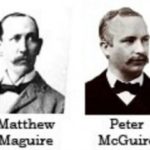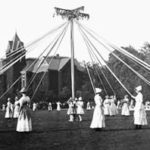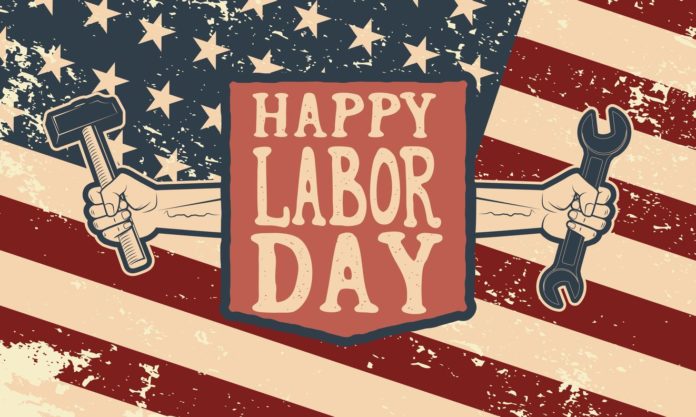Happy Labor Day! Labor Day is observed on the first Monday in September to pay tribute to the contributions and achievements of American workers.
From the origin of the holiday to the old fashion adage “no white after Labor Day,” here are 5 interesting Labor Day facts.
Labor Day Became an Official Holiday 12 Years After the First Labor Day Event

The first U.S. Labor Day was celebrated September 5, 1882, in New York City. The Central Labor Union organized a parade for workers. Workers took unpaid leave and marched through the city. At that time, most Americans worked 12-hour days, seven-day weeks to make ends meet. On June 28, 1894, Congress passed an act making the first Monday in September of each year a legal holiday in the District of Columbia and the territories. Oregon was the first state to celebrate Labor Day as a legal holiday in 1887.
missing or outdated ad configLabor Day Founder Has Not Been Identified

While it’s been more than a century, the true founder of Labor Day has yet to be identified. Many credit Peter J. McGuire, co-founder of the American Federation of Labor, while others have suggested that Matthew Maguire, a secretary of the Central Labor Union, first proposed the holiday.
The Difference Between Labor Day & May Day

May Day and Labor Day are often confused. While May Day actually originated in the U.S., it is not a federal holiday; however, it is a recognized holiday in over 80 countries across the world. Why not the U.S.? Because on May 4, 1886, a labor union rally (calling for shorter working hours) in Chicago’s Haymarket Square turned violent when a bomb exploded in the crowd, killing seven police officers and four civilians. What became known as the Haymarket Riot outraged working people and their allies across the world, and they started May Day to remember its martyrs and celebrate the struggles of working people. However, when choosing a day for Labor Day, President Cleveland chose the first Monday in September as a way to avoid commemorating the Haymarket Riot, fearing it would build support for communism or other radical causes.
Wearing White After Labor Day – Do or Don’t?

You’ve probably heard the old adage “no white after Labor Day,” but do you know where it comes from? As Emilypost.com writes “the summer season was bracketed by Memorial Day and Labor Day. Society flocked en masse from town house to seaside ‘cottage’ or mountain ‘cabin’ to escape the heat. City clothes were left behind in exchange for lighter, whiter, summer outfits. Come fall and the return to the city, summer clothes were put away and more formal city clothes donned once more. It was an age when there was a dress code for practically every occasion, and the signal to mark the change between summer resort clothes and clothing worn for the rest of the year was encapsulated in the dictum ‘No white after Labor Day.’ And it stuck.
It Marks the End of Hotdog Season

There is a peak “hotdog season,” according to the National Hotdog & Sausage Council and its between Memorial Day and Labor Day. The Council reports Americans consumed 7 billion hot dogs last year during the summer months.


